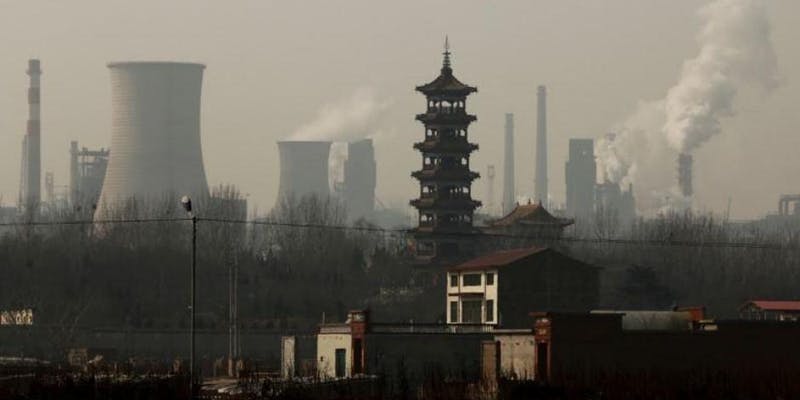
Integrating air quality, water and climate concerns into China’s energy strategy
Integrating air quality, water and climate concerns into China’s energy strategy
China needs to manage its coal-dominated energy system to curb carbon emissions, as well as to address local environmental priorities such as air pollution and water stress. Policies aimed at reducing global carbon pollution are more likely to be implemented if they can simultaneously bring local co-benefits that are highly valued in the domestic policy agenda. The talk will feature two examples in the energy space to highlight the potential synergies and tradeoffs between multiple environmental objectives: a) scaling up electric vehicles for air quality vs. carbon mitigation objectives, and b) building transmission infrastructure to address air pollution vs. water conservation goals. Both examples are evaluated by an integrated assessment method using scenario analysis, air quality modeling, and/or optimization modeling. These analyses highlight the importance of integrating carbon, air pollution and water objectives into China’s energy strategies to simultaneously address local and global sustainability challenges.

Wei Peng is an assistant professor at the Penn State University, joint between the School of International Affairs and Department of Civil and Environmental Engineering. She is also an associate with the Belfer Center for Science and International affairs at Harvard Kennedy School, and a fellow with the Initiative for Sustainable Energy Policy in the School of Advanced International Studies at Johns Hopkins University. Her research aims to inform energy policy in both emerging markets and advanced economies to align their decarbonization efforts with local environmental and socioeconomic concerns, such as air pollution, water conservation, and economic development. She received her PhD degree from the Woodrow Wilson School of Public and International Affairs in Princeton University, and bachelor’s degree in Environmental Science from Peking University.
- 00
Days
- :
- 00
Hours
- :
- 00
Minutes
- :
- 00
Seconds
Venue Details
Johns Hopkins University School of Advanced International Studies
1619 Massachusetts Ave. NW 20036
Room 812
